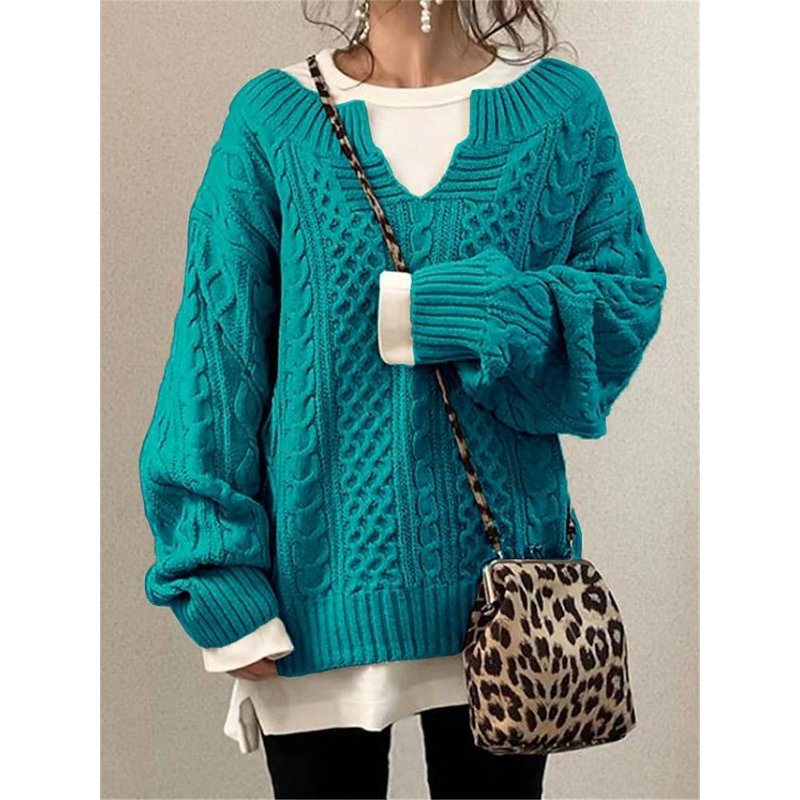Tag: fashion, sustainable clothing, industry, environmental impact
The fashion industry has long been criticized for its negative impact on the environment. From pollution caused by textile production to the massive amounts of waste generated from fast fashion trends, it is no secret that this multi-billion dollar industry takes a toll on our planet.
However, there is a growing movement towards more sustainable practices in the world of fashion. Designers and brands are embracing environmentally friendly materials and production methods in an effort to reduce their carbon footprint. This shift in focus towards sustainability not only benefits the planet but also presents an opportunity for innovation and growth within the industry.
One key aspect of sustainable fashion is using eco-friendly materials such as organic cotton, bamboo, hemp or recycled fabrics in garment production. These materials require less water and energy to produce compared to traditional textiles like polyester or nylon which are derived from non-renewable resources. In addition, they have a lower impact on soil quality and virtually eliminate harmful chemical runoff into our water systems.
Another important element of sustainable clothing is ethical labor practices. The rise of fast fashion has led to exploitation of workers in developing countries who are forced to work long hours for little pay under unsafe conditions. By choosing to support companies with fair labor policies and wages, consumers can make a positive impact on both people and the planet.
But why should we care about sustainability when it comes to our clothes? The answer lies in understanding the true cost behind cheaply made garments – both financially and environmentally. While fast-fashion items may seem like a bargain at first glance, they often come with hidden costs such as excessive resource consumption during production and disposal after just one season’s wear.
On top of that, unsustainable practices contribute significantly to greenhouse gas emissions which drive climate change. With increasing awareness about these issues among younger generations who have become more conscious about their environmental impact, there is a growing demand for sustainable fashion options.
Fashion brands are also taking notice of this shift in consumer behavior and are making efforts to incorporate sustainability into their business models. From using recycled materials to implementing eco-friendly production processes, these companies are proving that sustainable fashion can be stylish and profitable.
In conclusion, the future of fashion lies in embracing sustainable practices. By choosing to support ethical and environmentally friendly clothing options, we not only reduce our carbon footprint but also contribute towards creating a more responsible and innovative industry. So why not join the movement towards a more fashionable – yet sustainable – world?

